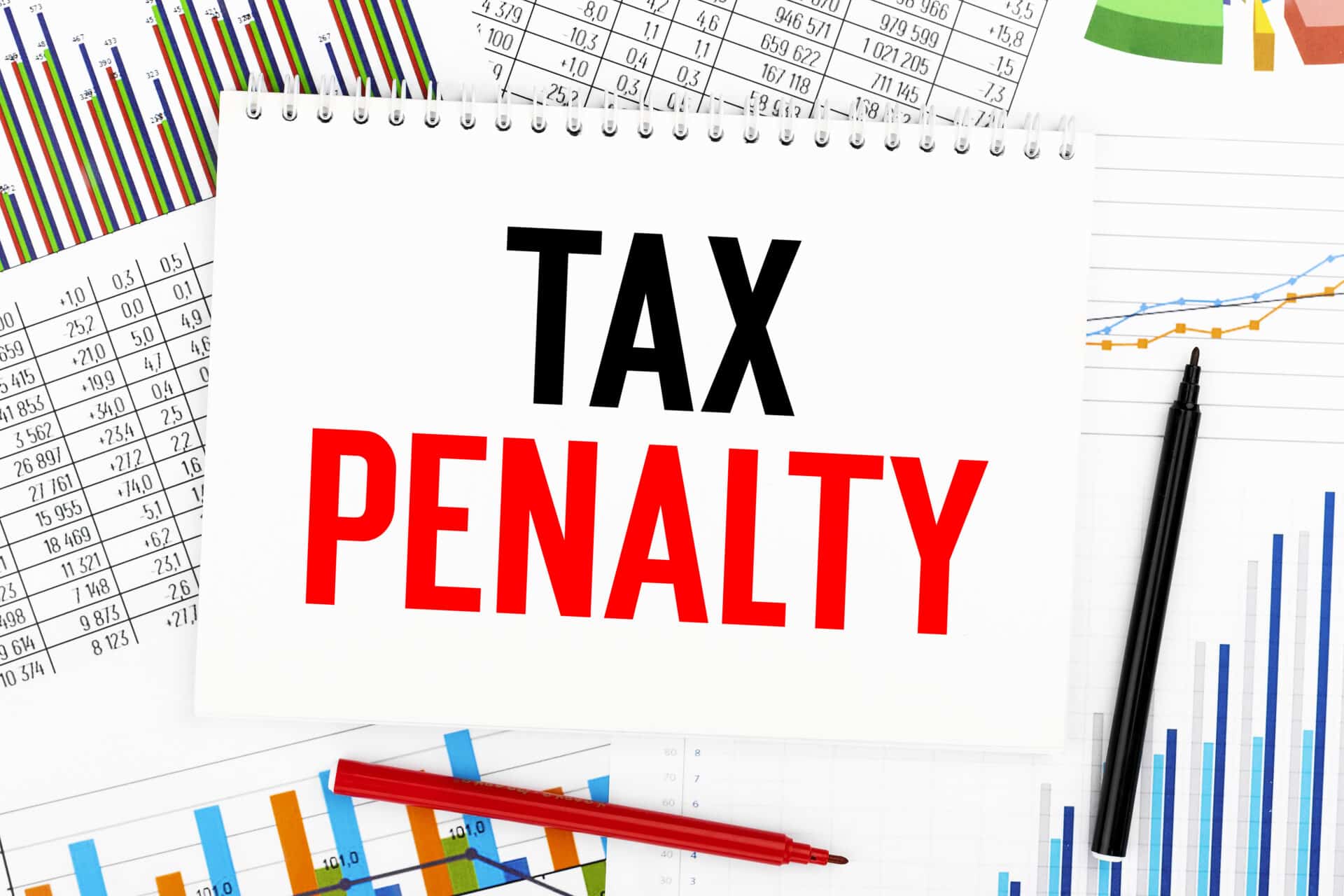Generally, any trade or business that makes payments in the course of that trade or business of interest, rents, compensations, remuneration for services, annuities, etc. aggregating $600 or more for the year to a single payee is required to report the payments to the IRS and to the recipient of the payments by filing Form 1099. This reporting requirement generally does not apply to payments to corporations. However, the 1099 reporting requirements do apply to payments made to corporations for attorneys’ fees. In addition, if a business makes a payment otherwise required to be reported on Form 1099, the payment is generally not required to be reported if the payment is made using a credit card, a debit card, or a qualified third party payment network.
A copy of Form 1099 must be filed with the recipient of the payment by January 31, 2017. A copy of Form 1099 is generally required to be filed with the IRS by February 28, 2017 (March 31, 2017 if filed electronically). However, a Form 1099-Misc reporting ‘non-employee compensation” must be filed with the IRS by January 31, 2017.
The penalties for failing to file 1099s, or for filing 1099s late, are significant. For example, if a Form 1099 is filed after August 1st and the failure to file is not intentional, there is a $260 penalty for failing to file the Form 1099 with the recipient of the payment and an additional $260 penalty for failing to file a copy of Form 1099 with the IRS (for a total penalty of $520 per 1099). If you intentionally fail to file Form 1099, then the penalty increases to at least $1,040 per 1099 (a $520 penalty for failing to file Form 1099 with the recipient of the payment and a $520 penalty for failing to file a copy with the IRS).
The IRS now includes two questions concerning Form 1099 on all business returns, including Form 1040, Schedule C, Schedule F, and Schedule E as well as Forms 1065, 1120 and 1120-S. The questions are (1) “Did you make any payments in 2016 that would require you to file Form(s) 1099”, and (2) “If ‘Yes’, did you or will you file all required Forms 1099?”. You must answer these two questions when you file your 2016 Form 1040 if the 1040 includes a Schedule C, Schedule F, or Schedule E. In addition, you must answer these questions when filing a Form 1065, 1120, or 1120-S. Therefore, if you have a trade or business, please review the above requirements for filing Forms 1099.

